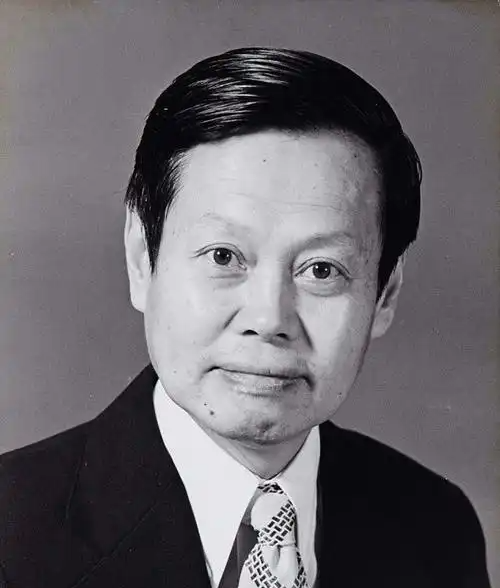In 1886, the United States Supreme Court ruled on what appeared to be a local dispute, but the case, Yick Wo v. Hopkins (heard together with Wo Lee v. Hopkins), became a critical milestone in the practical application of the constitutional principle of equal protection.
Within San Francisco’s Chinese community, Yick Wo was a Chinese immigrant who had moved to California in 1861 and operated a laundry there for 22 years. Records show that his laundry held fire safety and health inspection permits. In 1880, the San Francisco Board of Supervisors passed an ordinance (Order No. 156) requiring laundries operating in wooden buildings to obtain special permission from the board, while those in brick or stone structures were exempt from the requirement.
According to court records, there were about 320 laundries in wooden buildings in San Francisco at the time, more than 200 of them owned by Chinese immigrants. When Chinese laundry owners applied for permit renewals, almost all were denied (with only a handful of exceptions), while virtually all white applicants under the same conditions were approved.
In June 1885, Yick Wo’s application for renewal was rejected. By October, when his existing permit expired, he was ordered to cease operations. He refused, was fined $10, and, upon nonpayment, was required to serve time in the county jail at a rate of $1 per day. Yick Wo petitioned the California Supreme Court for a writ of habeas corpus, arguing that his detention and punishment were unlawful.
At the lower court level, both the California Supreme Court and the federal district court upheld his conviction, ruling that although the ordinance was strict, it contained no explicit racial discrimination in its language. Yick Wo and Wo Lee appealed to the U.S. Supreme Court.
On May 10, 1886, the Supreme Court issued a unanimous decision, with Justice Thomas Stanley Matthews writing the opinion. The Court held that the San Francisco ordinance was applied in a discriminatory manner, in violation of the Equal Protection Clause of the Fourteenth Amendment. The Court emphasized that even if a law is neutral on its face, when governmental authorities administer it “with an evil eye and an unequal hand,” it is unconstitutional. The Court further underscored that the protections of the Fourteenth Amendment extend to “all persons within its jurisdiction,” not just U.S. citizens, thereby affirming that immigrants are entitled to equal protection under the law.
In its decision, the Court also reinterpreted the nature of the ordinance. It noted that the law did not actually confine the granting of permits to legitimate concerns such as public safety or fire prevention, but instead vested officials with almost arbitrary power to deny applications without stated reasons. Such unbounded discretion, the Court held, could easily be used as a tool of discrimination. The Court concluded that dividing applicants into two categories under identical circumstances—approving non-Chinese applicants and rejecting Chinese applicants—was unconstitutional. The Supreme Court ordered the lower courts to vacate the convictions of Yick Wo and Wo Lee and to release them.
Following the ruling, Yick Wo v. Hopkins became a landmark precedent in U.S. legal history concerning anti-discrimination law. It established the principle that “facially neutral laws + discriminatory enforcement = unconstitutional,” and has been cited repeatedly in later cases involving race, nationality, gender, and immigration status. The case also played a role in the development of the constitutional standard of “strict scrutiny,” frequently referenced in evaluating whether legislative or administrative actions contain implicit discriminatory intent.
From a broader historical perspective, although the Yick Wo decision originally safeguarded minority rights in a local licensing system, its significance extended to the wider fields of U.S. immigration policy and constitutional protections for minority groups. Since the 20th century, immigration law, deportation proceedings, detention practices, and border enforcement have often been challenged on constitutional grounds. In many cases, while the laws themselves did not explicitly target immigrants, their enforcement disproportionately affected non-citizens. In such litigation, the principles established in Yick Wo have often been invoked by lawyers and civil rights organizations to argue that governmental authority, in licensing, enforcement, or policy implementation, must not subject immigrants or minorities to disproportionate or unreasonable burdens.
The value of Yick Wo v. Hopkins goes far beyond a 19th-century dispute over laundries in San Francisco. It laid down a foundational precedent for the later development of U.S. constitutional law in equal protection, racial justice, and immigrant rights, providing a theoretical and historical basis for judicial review in these areas.


